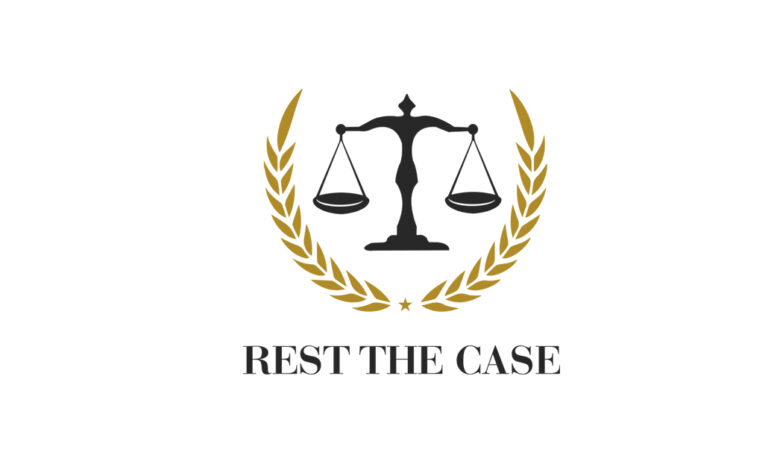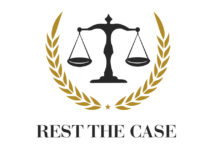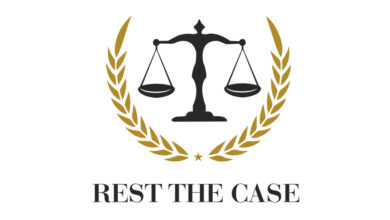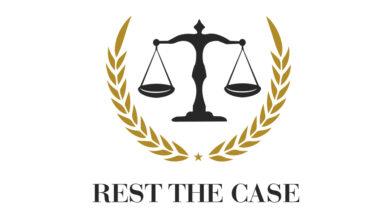Understanding the Waqf Amendment Act, 2025 – Rights, Reforms & Responsibilities

Pune, Maharashtra, [India], April 23, 2025: Rest The Case, a leading legal platform, recently held an impactful panel discussion addressing the question, “Understanding the Waqf Amendment Act, 2025 – Rights, Reforms & Responsibilities.” The event brought together prominent legal experts to discuss the concept of the Waqf Amendment Act within the Indian legal system, exploring both legal and societal dimensions of the topic.
The panel featured Advocate Sidharth N. Hattarkar, known for his expertise in Banking and Property Law, and Advocate Jatin Sharma, a specialist in Corporate and Intellectual Property Law. They discussed the challenges associated with the Waqf Amendment Act of 2025, highlighting the importance of infrastructure development, policy alignment, and capacity building.
Key points addressed included the Act’s introduction of structural changes such as enhanced investigative authority and a revised composition of the Waqf Tribunal. The panel emphasized the need for administrative reforms, gender inclusion, and digital transparency, referencing issues previously noted in the Sachar Committee (2006) and CAG (2009) reports.
The discussion also clarified that while some communities might view the amendments as restrictive, the reforms aim to protect assets like mosques, madrasas, and graveyards, and to reduce legal ambiguities through verified documentation and registration processes. The conversation extended beyond legal terminology to consider the Act’s impact on land ownership, community trust, and administrative transparency, particularly concerning minority communities.
Shreya Sharma, Founder and Director of Rest The Case, pointed out that while the Act seeks to streamline Waqf property management, increased control by Waqf Boards could be counterproductive without proper checks. She advocated for a balanced approach that empowers institutions to manage charitable assets effectively without compromising citizens’ rights, suggesting the implementation of a grievance redressal mechanism, proper public notice procedures, and a clear legal pathway for individuals to contest wrongful inclusion of their land in Waqf records.
The panel collectively called for greater transparency, judicial oversight, and legal remedies to protect citizens from arbitrary land claims and potential political misuse.






